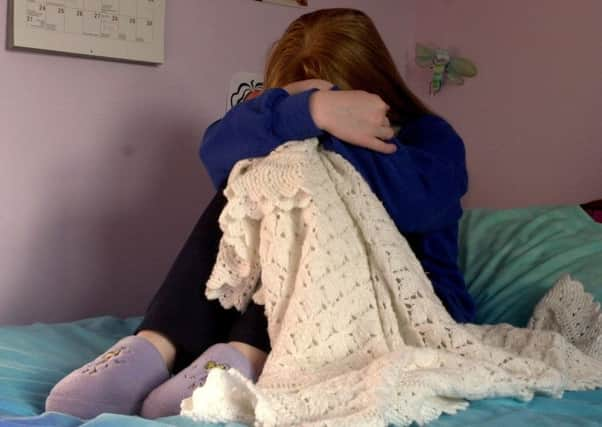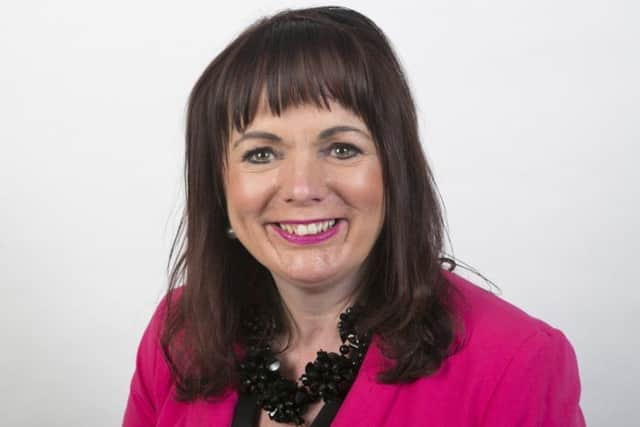Alison Dickie: Let's talk about better mental health


Talking is good and we must get into the habit of talking about our mental health from an early stage – and in a stigma free-way.
Since my election last year, I’ve been pushing on work to ensure that every young person across our schools is better supported to talk about their mental health at their point of need. That’s the vital bit . . . at their point of need, before it becomes a crisis.
Advertisement
Hide AdAdvertisement
Hide AdSometimes, we complicate the mental health support required for many and rely too heavily on the professionals, when research points to the power of simple, preventative solutions like talking and trusted relationships. It’s a policy area I’m passionate about for personal and professional reasons.


If you think mental health stigma is bad now, jings, it came with a capital S back in my schooldays. Mental health just wasn’t something that you talked about . . . and I needed to talk.
Let’s just say, the first 16 years of my life were tough, and I remember the loneliness of wandering the school corridors like Harry Potter in his invisibility cloak, but with less of the magic, and with no-one to talk to about how life at home was making me feel.
Not talking took its toll. By 17, I’d developed anxiety and depression, and left school without the qualifications I now believe I had the potential to achieve. Degrees and careers later followed but periodic anxiety plagued those interim years. Roll forward to my previous teaching career, and those same invisible young people passed through my classrooms, and angry ones too. I recall one boy, his eyes glazed over from events I knew he’d witnessed the night before, learning about regular and irregular polygons in maths!
Advertisement
Hide AdAdvertisement
Hide AdThat was his point of need, the point he needed to talk, and for longer than the moments I could give him during a busy school day.
Today, there’s a greater understanding of how mental health relates to learning, and health and wellbeing is increasingly embedded across our curriculum. There are resources and training to building resilience and inform practice, new Pupil Support Officers with a remit for emotional health, school nurses who will soon deliver low-intensity cognitive behavioural therapy, and a commitment of secondary school counselling services from the Scottish Government.
But, this week’s committee report encourages a whole school approach to talking at the point of need.
A communication will shortly go out to all of our schools in the city, encouraging them to work with their young people and all staff to shape a self-referral system that fits with their school. It could include identifying trusted adults and space, mental health training, signposting, peer mentoring, partnerships, digital support and more.
Advertisement
Hide AdAdvertisement
Hide AdNext year, we’ll hold a Mental Health Conference where young people will lead in the showcasing of best practice, and produce a “Top Tips” signposting resource to support young people with their mental health . . . and talking at their point of need.
Cllr Alison Dickie is vice convener of education, children and families at Edinburgh City Council